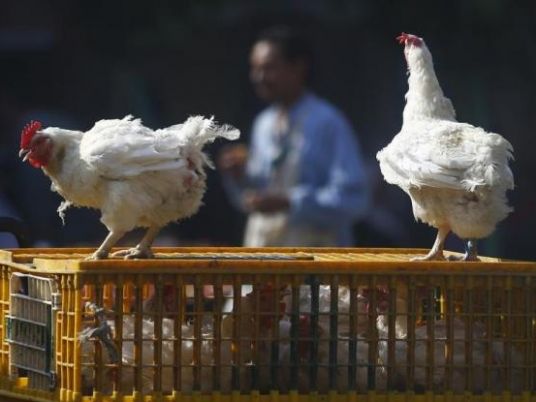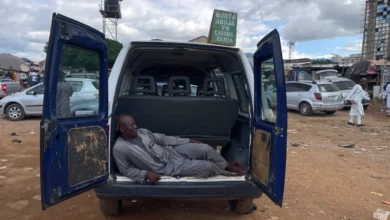
As well as other centuries-old traditions, including family reunions, prayers, and new clothes for Eid al-Adha, slaughtering a sheep and giving much of the meat to the poor is a indispensable religious ritual for people who can afford it.
The rising price of meat, however, has taken a toll on Eid al-Adha’s main ritual among Egyptians. High consumption and low supply are the main contributors to the growing meat price crisis.
According to Imam Taha, vice president of the Butchers Division of the Cairo Chamber of Commerce, the price of beef per kilo has risen from LE65 to LE70, while the price of veal per kilo has reached between LE90 and LE100.
Mohamed Abdel Fatah, doorman, has difficulty affording meat, not only during Eid days, but throughout the whole year.
“We are falling a victim to butchers’ greed. Besides the heavy expenses of daily life, buying meat for my family more than once a month has become almost impossible.”
Abdel Fatah, a father of four, says rigid punishments must be imposed to guarantee price controls so the poor can afford meat even during shortages.
Khalil Sayyed, a vendor, places the responsibility on the government’s passive stance on finding a crucial solution for the escalating crisis.
“We face the same problem every year. The officials announce every Eid that the country has imported extra livestock from other countries to confront the problem. But the situation is not getting better – it deteriorates more,” he says.
Inflated livestock prices have taken the crisis to a higher, more critical level. Cattle prices have been greatly affected by recent meat price changes.
The gradual erosion of meat's affordability means slaughtering has become a burden for middle-income working families.
Ismail al-Anwar, a teacher, complains, “I used to sacrifice each year, but this Eid, meat prices are going crazy. The purchase price of lamb is around LE1500 and sometimes goes higher.”
Moatz Bassiouny, an engineer, suggests a long-term solution for improving the country’s livestock operation production.
“The government should provide farmers large quantities of livestock with reasonable prices along with feed supplies, which burden smallholders with high expenses,” Bassoiuny says. “Decreasing our dependence on imports will boost our economy in the long run.”




